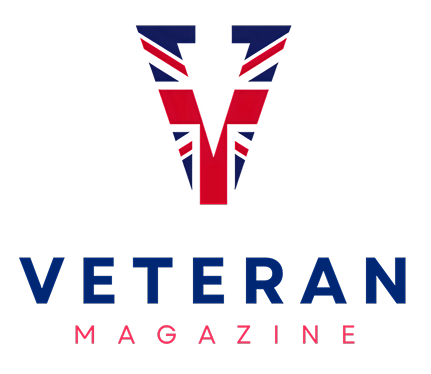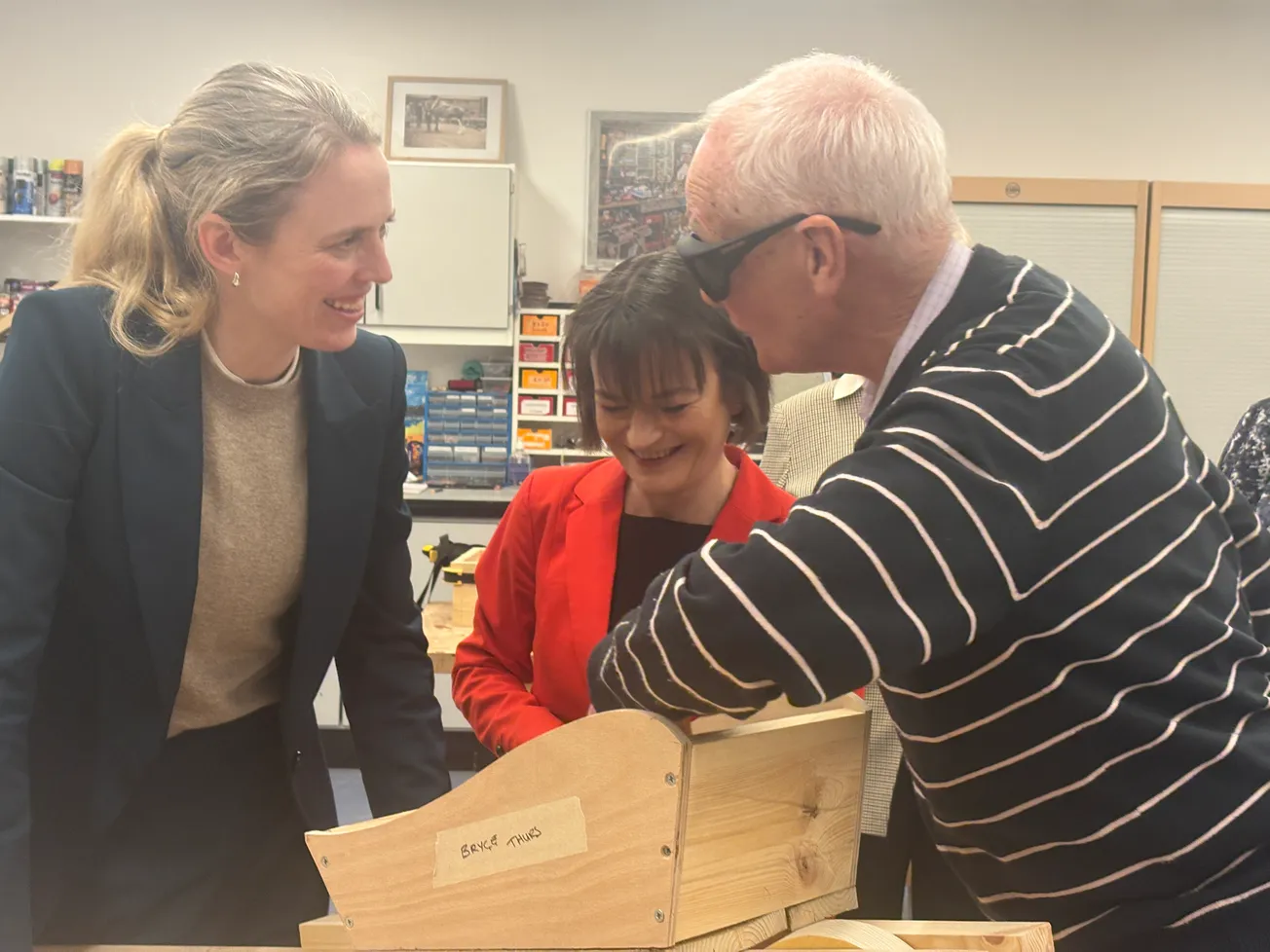For many of us who’ve served, or who support those who have, donating to a veterans’ charity feels like a moral duty — a small way to honour service and help those who’ve struggled since leaving the forces. But recent events surrounding We R Blighty, a community interest company based in Kent, have raised uncomfortable questions about where our money really goes, and how easily good intentions can be misused.
We R Blighty presented itself as helping homeless ex-servicemen and women. Yet investigations by the Fundraising Regulator found that the organisation had breached several sections of the fundraising code. Concerns were raised about the way it collected money, the clarity of its messaging, and whether the public could reasonably tell it was not a registered charity. Reports also described issues with unlicensed street fundraising and the use of paid fundraisers taking a significant share of donations.
The company has defended its work, insisting that it aims to support veterans and that any mistakes were unintentional. However, the case highlights a much wider problem in the charity sector — the blurred line between legitimate, transparent charities and other organisations that present themselves in a similar light.
For donors, the impact is twofold. First, there’s the risk that your hard-earned money might not go where you think it does. Many people who drop a fiver into a collection bucket assume that most of it will directly help veterans. When it turns out that a large slice may be swallowed by costs, commissions or unclear operations, it damages confidence and leaves a bitter taste.
Second, the ripple effect of these controversies harms the very charities that are doing genuine good. Established organisations such as the Royal British Legion, Help for Heroes, and smaller community groups rely on public trust to survive. When one questionable outfit makes headlines, it breeds cynicism and hesitancy. Donors become wary. That hurts everyone — especially the veterans and families who depend on legitimate support networks.
The truth is that most people want to give, but they don’t always know how to check whether a charity is genuine. It’s not difficult to find out — every registered charity must appear on the Charity Commission’s website, showing its trustees, financial reports and how it spends its money. If you can’t find the organisation listed, that’s the first sign to be cautious. Community interest companies, such as We R Blighty, aren’t necessarily doing anything wrong by not being charities, but they operate under different rules and are not subject to the same level of scrutiny.
Transparency should be the key measure of trust. Reputable charities will explain clearly what they do, publish their accounts openly, and respond quickly to questions. They won’t use vague claims or pressure tactics on the street. They’ll be proud to tell you how much of your donation goes directly to veterans and their families.
The We R Blighty story serves as a reminder that good intentions need good judgement. Supporting veterans is a cause close to many hearts, but it’s vital that our generosity doesn’t get misdirected. Before donating, take a minute to check where the money goes and who’s really behind the name. By doing that, we can protect both our pockets and the reputation of the veteran community — and make sure help reaches those who genuinely need it.






